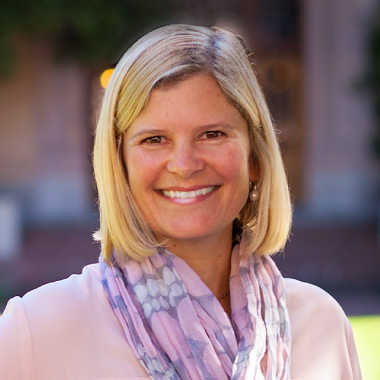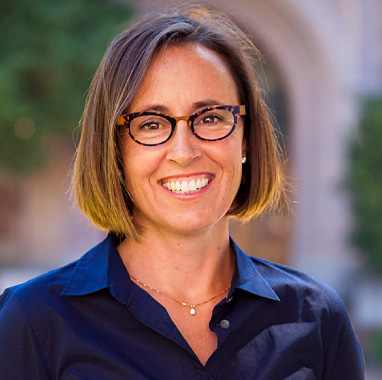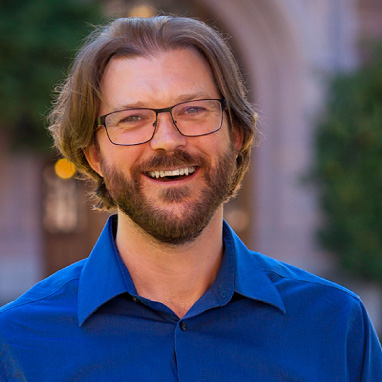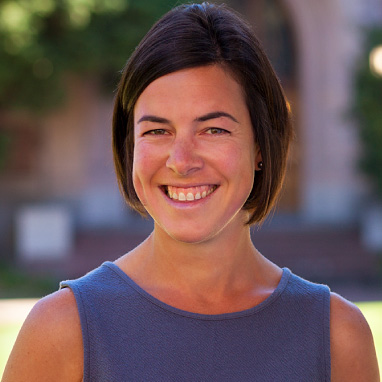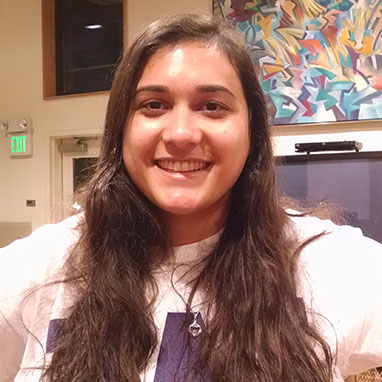Who We Are
Founded by UW faculty in the College of Education and School of Social Work, we are researchers, practitioners, students, and community partners working at the intersection of social, emotional, and intellectual learning to advance knowledge, lend expertise, and support the implementation of programs in schools and out-of-school settings.
Leslie Rupert Herrenkohl, Ph.D. is Co-Director of the 3DL Partnership and Professor in the College of Education at the University of Washington. She is a developmental psychologist and learning scientist who is fascinated by how people learn. She brings a holistic, socio-cultural approach to examine how people learn concepts, develop skills, and shift their participation to become new people through their experiences. She considers how social and emotional dimensions intersect with the traditional intellectual and academic perspectives in learning sciences research.
As a designer, Dr. Herrenkohl is interested in creating environments to support powerful learning that is conceptually rich, personally meaningful, and culturally relevant. She often designs learning environments and then studies how people learn within them. In order to do this work, she has participated in many generative partnerships with practitioners. These collaborations give her a deep appreciation for the need to integrate theory and practice and to conduct iterative research to better understand the impact of particular approaches and strategies. She is excited to apply her research interests and expertise to the 3DL Partnership’s emphasis on community collaboration, design-based intervention research, networked improvement communities, developmental evaluation and other contemporary approaches to engaging research to better guide decision-making around the design and evaluation of learning opportunities.
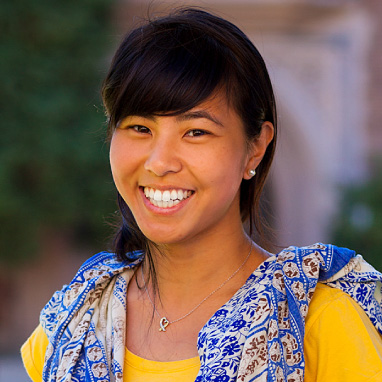
Meixi Ng
Ph.D. Student in Learning Sciences & Human Development
meixi@uw.edu
Meixi Ng is a PhD student in the College of Education at UW and just moved to Seattle from Singapore to begin her doctoral studies in Learning Sciences and Human Development. She is particularly interested in students that have had difficult experiences with school and don’t enjoy learning in the classroom, and how to design social networks of learning that changes those attitudes. She believes that learning designed in this way can dignify and heal individuals, restoring their self-worth and joy in learning. Furthermore, she became even more interested in the roles of students – precisely those wounded by school (Olson, 2009) – to change teacher beliefs and expectations and the learning culture at school and beyond.
Meixi experienced this first hand working with the Mexican Secretary of Education where a public policy called Tutorial Relationships, interchanged roles of tutor and learner and successfully closed the achievement gap in the worst performing 9000 schools in the country. Inspired and transformed by the work in Tutorial Relationships in Mexico, she moved back to Singapore in 2012 and founded FiftyFold to pilot the work in Tutorial Relationships in Singapore & Thailand in 3 schools. With 3DL, She has the opportunity to work on the NSF iTest project at Neighborhood House. It is such a wonderful way to be connected to Seattle and the undergraduates at UW and foster new partnerships that dignify and connect people to their culture and home community and have an impact on student attitudes and agency.
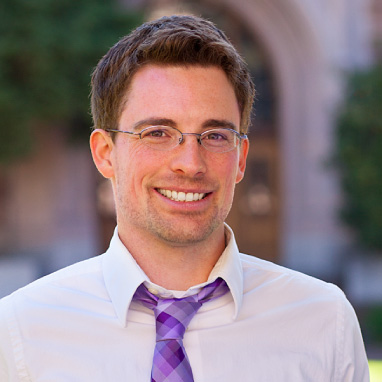
David Phelps, M.Ed.
Ph.D. Student in Learning Sciences & Human Development
dphelps@uw.edu
David Phelps, M.Ed., is a Ph.D. student in the Learning Sciences and Human Development Program at the UW College of Education. For the past eight years he has worked closely with young children in a variety of learning environments including a school for underprivileged children in Peru, a Reggio-Emilia inspired preschool in Vermont, a care farm for youth in the Netherlands, a philosophy for children program along the Ohio River, and in an out-of-school time program in Seattle. David completed his Master’s Degree in the Learning Sciences Program at Indiana University where he researched how young children learn fundamental but generative concepts in the sciences and the language arts through activities children naturally find fun and engaging: drawing stories, playing board games, and using interactive simulations.
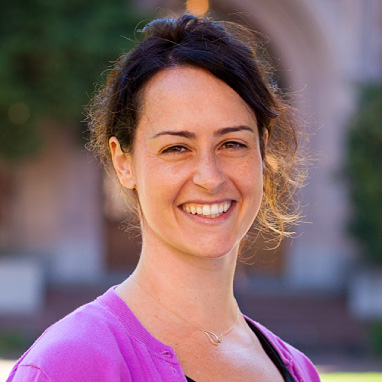
Rachel Phillips, Ph.D.
Rachel Phillips, Ph.D., was the iTest Project Director and educational researcher at the University of Washington. The itest Project is a National Science Foundation funded partnership between the University of Washington’s College of Education, School of Social Work, DREAM Project, and Pipeline Project, along with Neighborhood House, a community based organization serving the West Seattle’s High Point neighborhood. Dr. Phillips’s work was focused on the schooling and learning orientations of traditionally underserved youth, particularly those serving time in youth detention centers. Dr. Phillips had also participated in a variety of research projects that focus on science education, math education, technology, and games for learning. She also provided a variety of consulting services, largely related to curriculum development.


